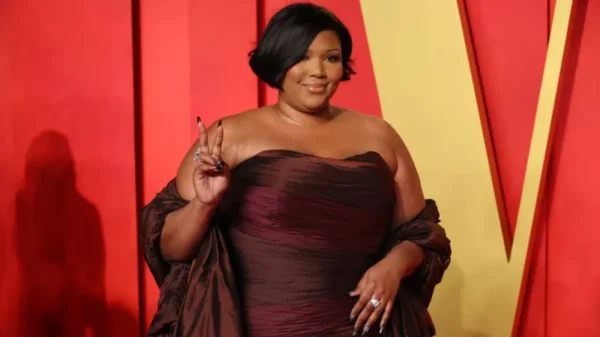Beyoncé’s Cowboy Carter: Yeehaw or No Ma’am? The ultimate verdict revealed!
When Beyoncé appeared at the Grammys sporting a cowboy hat, it hinted at a significant shift in her music.
A week later, she confirmed the transition by dropping two surprise singles during the Super Bowl.
One of these tracks, “Texas Hold ‘Em,” infused with banjo sounds, became one of her most successful hits in years, reigning atop the UK charts for four consecutive weeks.
However, the response from Nashville was tepid. Despite its success on streaming platforms and its ascent to the peak of Billboard’s country chart, country radio gave the song minimal airplay.
Yet, this reaction was unsurprising to Beyoncé.
As a Texan, country music is ingrained in her heritage. In an Instagram post, she disclosed that her latest album, “Cowboy Carter,” was inspired by an incident where she felt unwelcome.
This likely references her performance at the 2016 Country Music Awards alongside The Chicks (previously known as the Dixie Chicks), where they faced backlash – The Chicks for criticizing former President George W. Bush during the Iraq War and Beyoncé for supporting Black Lives Matter.
Their performance sparked criticism and racism online. Natalie Maines of The Chicks later condemned the treatment Beyoncé endured as “disgusting.”
Beyoncé’s Instagram post revealed that this experience motivated her to explore the history of country music more deeply.
However, she emphasized, “This ain’t a country album. This is a Beyoncé album.”
Indeed, “Cowboy Carter” embodies Beyoncé’s unique style. Across 27 interconnected tracks and interludes, the album melds country’s sonic elements with Beyoncé’s signature sound. Appalachian fiddles harmonize with pop melodies, while lap steel guitars underpin rap verses with deep bass.
Beyoncé’s technical prowess shines as she seamlessly blends genres. Yet, beyond musical finesse, the album’s core message is evident: Nashville’s exclusion of outsiders, particularly black women, undermines the genre’s richness.
To underscore this point, Beyoncé collaborates with artists bridging pop and country worlds, including Dolly Parton, Willie Nelson, Miley Cyrus, and Post Malone.
In one interlude, she juxtaposes African-American spirituals with swing fiddle tunes, highlighting the interplay of musical influences.
Through catchy, emotive songs, “Cowboy Carter” explores themes of love, playfulness, heartache, and resilience.
The album’s acoustic instrumentation offers a more organic feel compared to Beyoncé’s recent works. While it embraces country imagery like rhinestones and whiskey, it doesn’t shy away from Beyoncé’s trademark themes of love, empowerment, and sexuality.
Even the album artwork, depicting Beyoncé riding a horse, serves as commentary on the gradual homogenization of country music.
Overall, “Cowboy Carter” showcases Beyoncé’s adaptability and mastery across genres. It forms part of a trilogy conceived during the Covid-19 lockdown, delving into forgotten roots and challenging musical boundaries.
Ultimately, Beyoncé’s venture into country music isn’t just about transcending genre norms; it’s a declaration that music should be inclusive and accessible to all, regardless of gatekeepers’ opinions.
As she sings in the album’s closing track: “Old ideas are buried here. Amen.”




































Comment Template